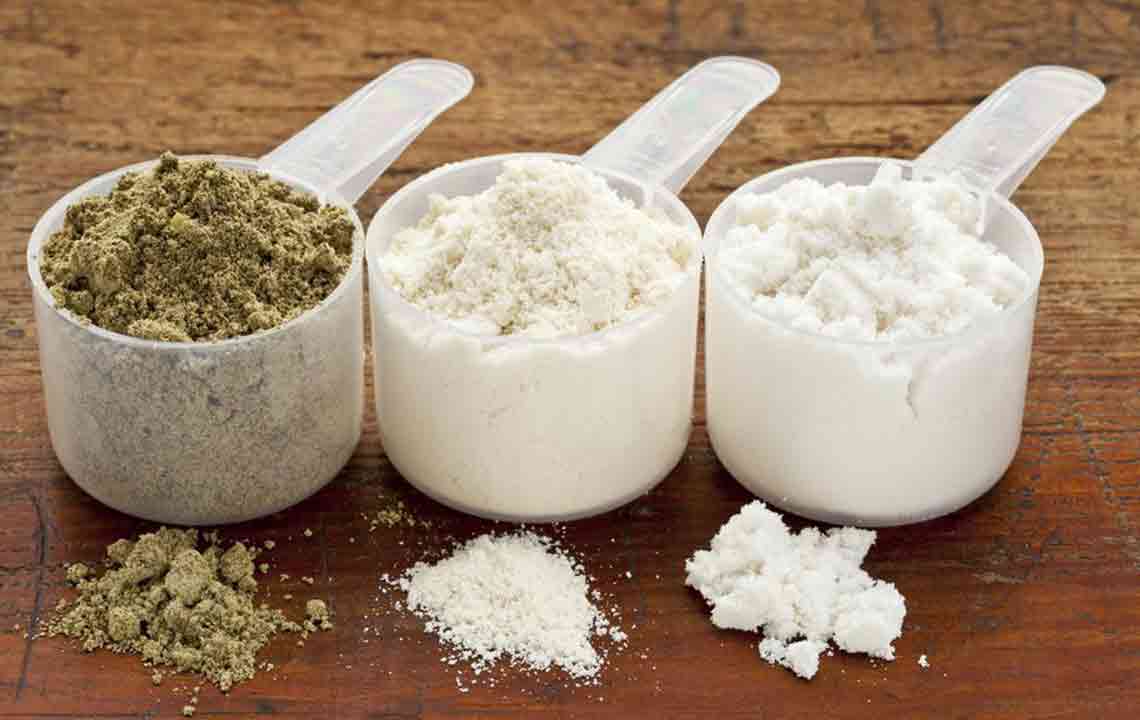Comprehensive Approaches to Accelerate Opiate Dependency Recovery
This comprehensive guide explores effective strategies for rapid recovery from opiate dependency. It covers understanding addiction, managing withdrawal symptoms, dietary and lifestyle support, and medical treatments like methadone and buprenorphine. The article emphasizes the importance of combining medication with counseling and community support for successful recovery. With detailed insights into each phase of withdrawal and recovery, readers are equipped to approach detoxification confidently and safely. This comprehensive approach aims to help individuals overcome opiate dependence efficiently and sustainably, improving overall health and well-being.

Comprehensive Approaches to Accelerate Opiate Dependency Recovery
Overcoming dependence on opiates presents a significant challenge, but with a strategic and holistic approach, individuals can achieve rapid and sustained recovery. This article explores effective methods, essential tips, and medical interventions to facilitate a smoother withdrawal process, ensuring both safety and effectiveness in overcoming addiction.
Opiate addiction is a complex condition that necessitates ongoing treatment, support systems, and lifestyle adjustments. It primarily arises from the use of substances such as heroin, morphine, or prescription painkillers that contain opiates. These substances may be misused or used as prescribed, leading to physical and psychological dependency.
Understanding Opiate Dependence:
Opiate dependence results in alterations to the brain’s nerve cells that regulate pain and pleasure, creating a reliance on these drugs. Chronic use impairs the brain's natural pain management systems, compelling individuals to seek external substances to manage pain and emotional distress.
Common Withdrawal Symptoms:
Typical symptoms experienced during withdrawal include:
Nausea and vomiting
Insomnia and sleep disturbances
Restlessness, anxiety, or agitation
Pupil dilation
The Recovery Process:
Initial Phase (First 12 hours): During the first hours after cessation, individuals may experience irritability, headaches, and heightened agitation. These symptoms are transient and require patience and mental resilience to manage.
Subsequent Phase (48 hours and beyond): Discomfort levels generally decrease, but mild fatigue, body aches, chills, and mood fluctuations may persist. Supportive care involving gentle physical activity, nutritious diet, and hydration can significantly alleviate these symptoms. Emphasizing foods that bolster liver health and aid detoxification can enhance recovery, such as:
Nuts, seeds, and olive oil for healthy fats
Cruciferous vegetables like broccoli and leafy greens
Wild-caught fish rich in omega-3 fatty acids
Within about one week, many individuals notice marked improvements in their overall health. Although withdrawal symptoms are typically not life-threatening, rare severe reactions can occur and must be monitored closely.
Medications Supporting Recovery:
Medications such as Methadone, Buprenorphine (Suboxone), and Naltrexone are frequently employed to reduce withdrawal discomfort and prevent relapse. Combining medical detoxification with psychological counseling, behavioral therapy, and peer support groups like Narcotics Anonymous forms the backbone of effective, long-term recovery strategies.
In conclusion, understanding the physiological and psychological components of opiate dependency can empower individuals to seek appropriate treatment. An integrated approach combining medication, therapy, lifestyle changes, and community support can result in a faster, safer, and more sustainable recovery journey. Staying committed to these strategies can dramatically improve the quality of life for those combating opiate addiction, helping them regain control and rebuild their lives.





